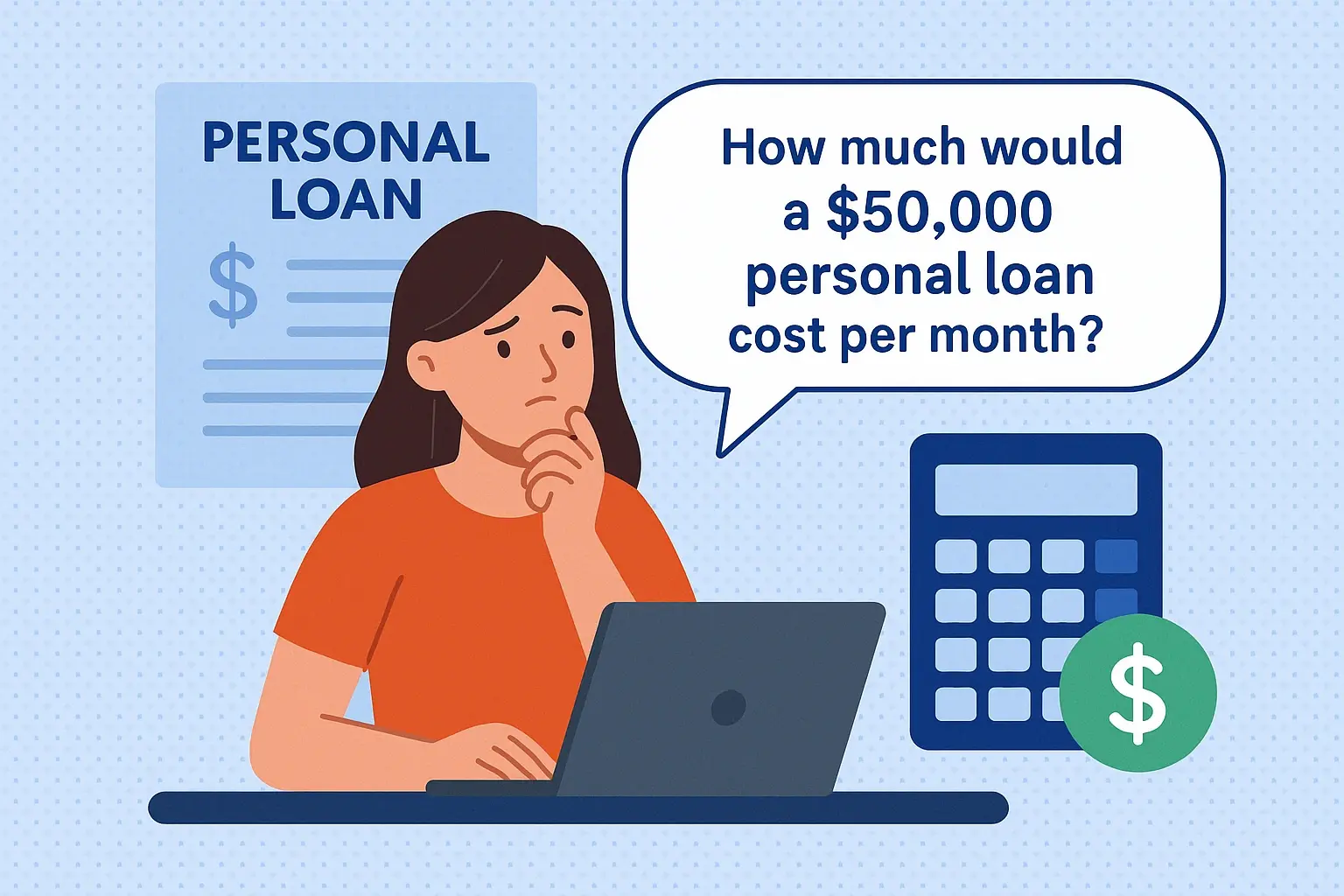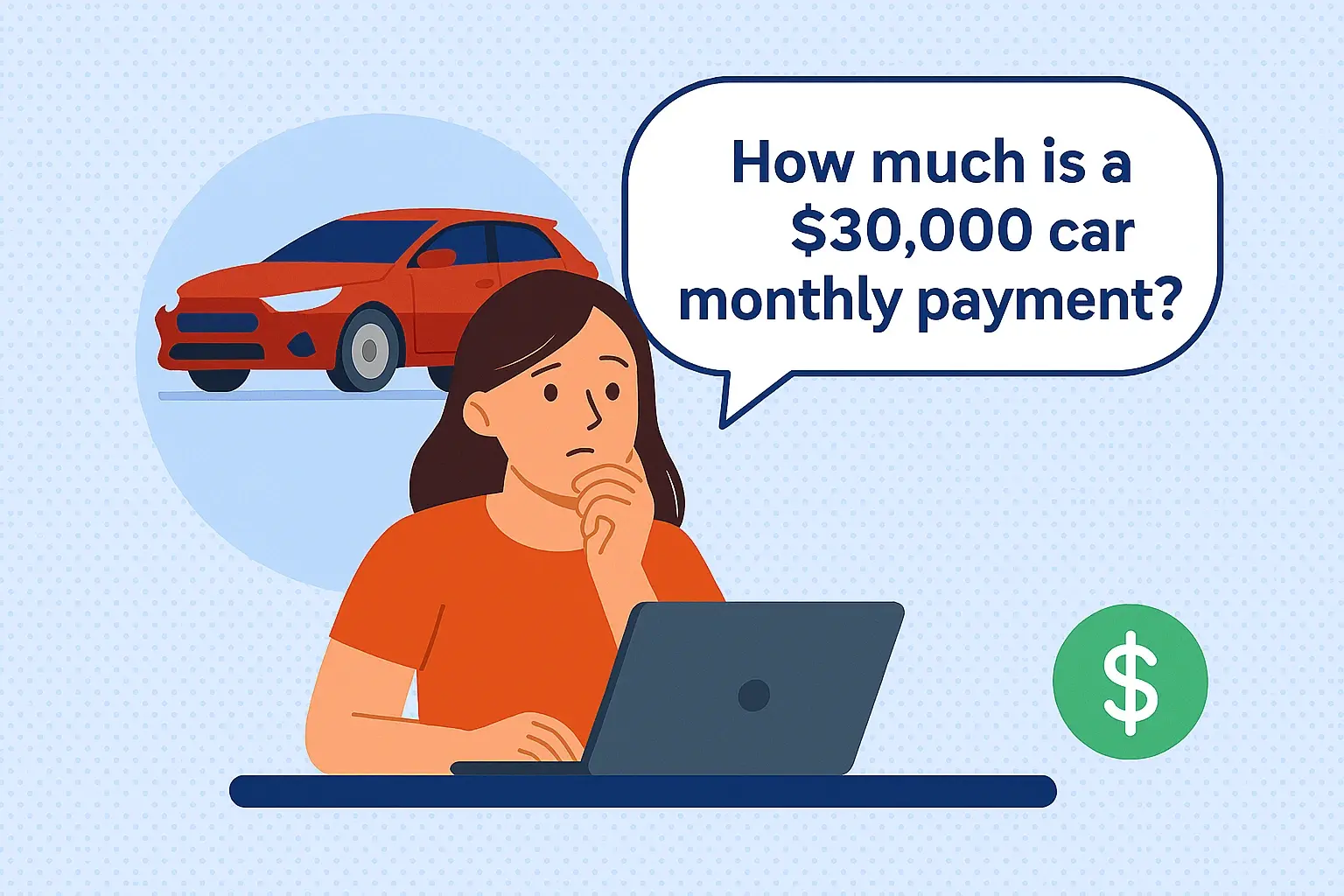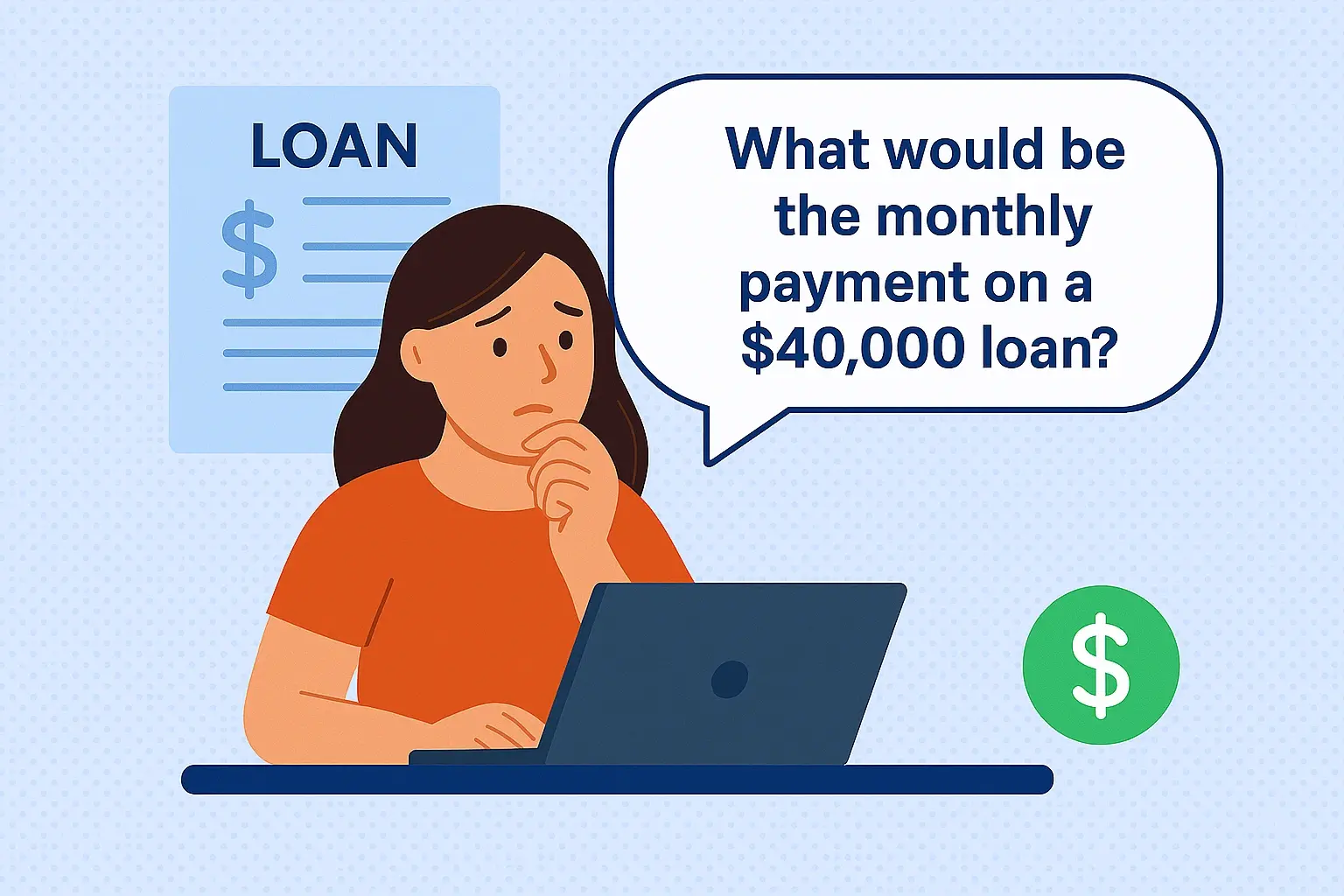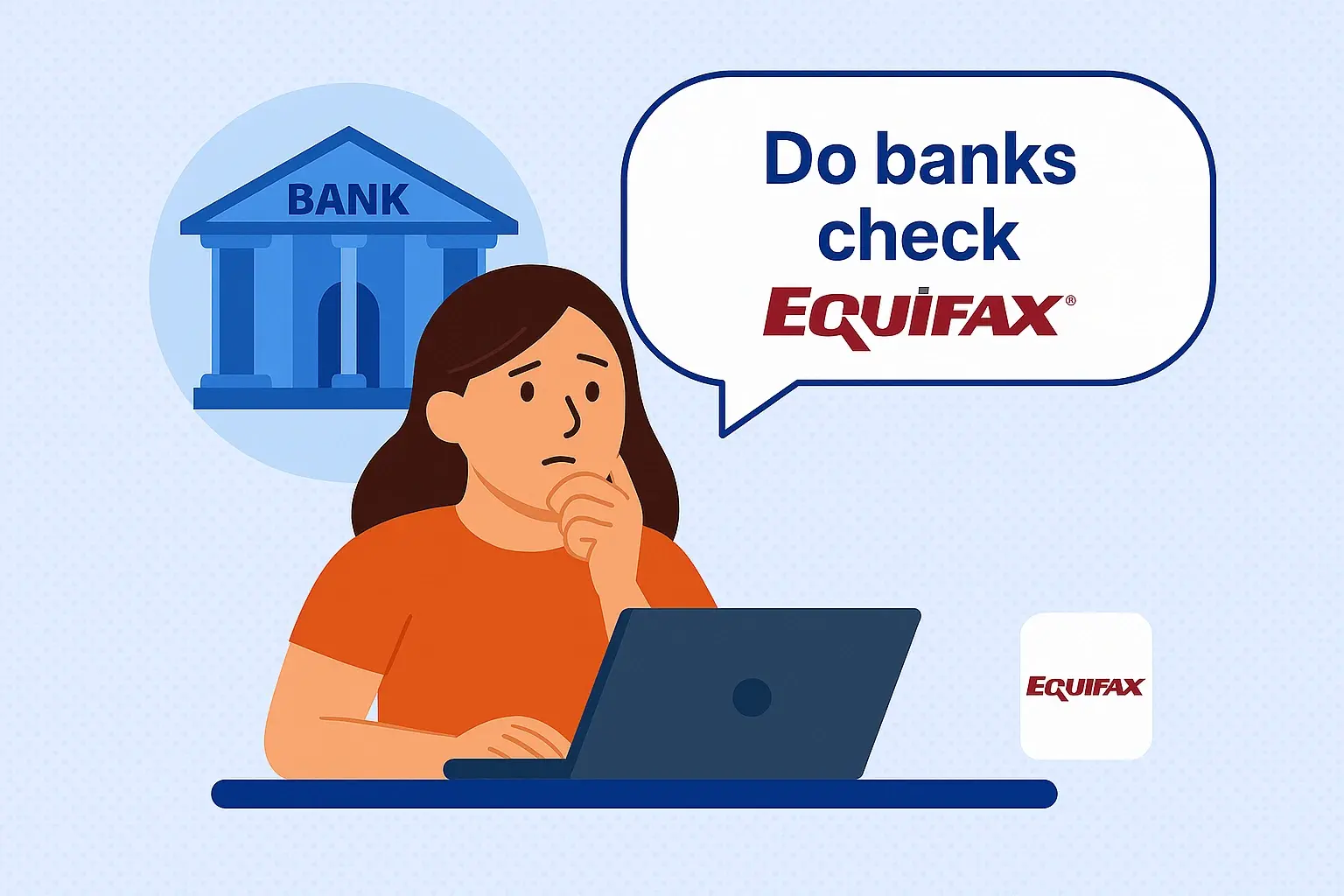-
Posted on: 18 Apr 2023

-
Having a car loan with a high interest rate, especially when you have bad credit, can feel like a financial burden. The good news is that refinancing your car loan is often a viable option to potentially lower your monthly payments and save money over the loan's life. However, the question remains: how soon can you refinance a car loan with bad credit? The answer isn't always straightforward, as it depends on several factors. This article will delve into those factors, offering a comprehensive guide to help you navigate the refinancing process with poor credit.
Understanding the Basics of Car Loan Refinancing
Refinancing a car loan essentially involves taking out a new loan to pay off your existing one. The goal is typically to secure a lower interest rate, a shorter loan term (to pay off the loan faster), or a longer loan term (to reduce monthly payments). While refinancing is generally beneficial, it’s crucial to understand how it works, particularly when dealing with bad credit.
What Does "Bad Credit" Mean?
Before diving into the specifics of refinancing, let's define what constitutes "bad credit." Credit scores are generally categorized as follows:
- Excellent: 750+
- Good: 700-749
- Fair: 650-699
- Poor: 550-649
- Very Poor: Below 550
If your credit score falls within the "Poor" or "Very Poor" range, you are considered to have bad credit. This can make it more challenging to qualify for favorable refinancing terms.
The General Rule: Waiting Period Before Refinancing
While there's no hard and fast rule, most lenders prefer borrowers to wait at least six months to a year before refinancing a car loan. This waiting period is in place for several reasons:
- Demonstrating Payment History: Lenders want to see a consistent track record of on-time payments. Waiting a few months allows you to establish a positive payment history on your current loan.
- Vehicle Depreciation: Cars depreciate quickly, especially in the first year. Lenders want to ensure that the value of your car is still sufficient to cover the loan amount. Waiting helps mitigate the risk of the vehicle being worth less than the remaining loan balance (being "upside down" on the loan).
- Impact on Credit Score: Repeatedly applying for loans in a short period can negatively impact your credit score. Spacing out your applications can help minimize this effect.
Factors Affecting Your Refinancing Eligibility with Bad Credit
The six-month to one-year timeframe is a general guideline, but your actual eligibility will depend on a variety of factors. These factors are particularly important when you have bad credit because lenders are already taking on a higher risk.
1. Credit Score Improvement
The most crucial factor is any improvement in your credit score since taking out the original loan. Even a slight increase can significantly impact your refinancing options. Here's why:
- Lower Interest Rates: A better credit score signals to lenders that you're a less risky borrower, making them more willing to offer lower interest rates.
- Increased Approval Chances: A higher score increases your chances of getting approved for refinancing in the first place.
Focus on improving your credit score by:
- Making On-Time Payments: This is the most important factor. Set reminders and automate payments if necessary.
- Reducing Credit Card Debt: Aim to keep your credit card balances below 30% of your credit limit.
- Checking Your Credit Report: Look for errors and dispute them with the credit bureaus.
- Avoiding New Credit Applications: Limit new credit applications, as they can temporarily lower your score.
2. Loan-to-Value (LTV) Ratio
The LTV ratio compares the amount of your loan to the current market value of your car. A lower LTV ratio is more favorable because it means you owe less on the car relative to its worth. With bad credit, a lower LTV is even more important.
To improve your LTV ratio:
- Make Extra Payments: Pay more than the minimum each month to reduce the loan balance faster.
- Consider a Down Payment: If you're still upside down on your loan (owe more than the car is worth), a down payment can help bridge the gap.
3. Income and Employment Stability
Lenders want assurance that you have the financial means to repay the loan. Stable income and employment history are crucial for demonstrating this ability, especially with bad credit.
Provide documentation such as:
- Pay Stubs: Show consistent income over a period of time.
- Bank Statements: Demonstrate consistent cash flow.
- Employment Verification: A letter from your employer confirming your employment status and salary.
4. Type of Vehicle
The type of vehicle you own can also influence your refinancing eligibility. Lenders may be more hesitant to refinance loans for older or less common vehicles, as their value can be harder to assess. Luxury cars often depreciate more rapidly which also presents risk.
5. Lender Requirements
Different lenders have different criteria for refinancing. Some lenders specialize in working with borrowers who have bad credit, while others may have stricter requirements. It's essential to shop around and compare offers from multiple lenders. Look specifically for lenders that advertise subprime auto refinancing.
Steps to Take Before Refinancing with Bad Credit
Refinancing with bad credit requires careful planning and preparation. Here's a step-by-step guide to help you increase your chances of success:
1. Check Your Credit Score and Report
Start by obtaining a copy of your credit report from all three major credit bureaus (Equifax, Experian, and TransUnion). Review it carefully for any errors and dispute them immediately. Also, familiarize yourself with your credit score. Understanding your credit profile is essential for setting realistic expectations and targeting the right lenders.
2. Improve Your Credit Score (If Possible)
Even a small improvement in your credit score can make a significant difference. Focus on the strategies mentioned earlier: making on-time payments, reducing credit card debt, and avoiding new credit applications. Consider a secured credit card, where you deposit money upfront and get a credit line for the amount. If you make consistent, on-time payments this can help build or repair your credit.
3. Determine Your Car's Value
Use online resources like Kelley Blue Book or Edmunds to determine your car's current market value. This will help you calculate your LTV ratio and understand how much equity you have in the vehicle.
4. Gather Your Financial Documents
Prepare all the necessary documents that lenders will require, including pay stubs, bank statements, employment verification, and your current car loan documents.
5. Shop Around for Lenders
Don't settle for the first offer you receive. Shop around and compare rates and terms from multiple lenders, including banks, credit unions, and online lenders. Look for lenders that specialize in working with borrowers who have bad credit. Online comparison tools can be helpful in this process.
6. Get Pre-Approved
Before officially applying for refinancing, consider getting pre-approved from a few lenders. This will give you a better idea of the interest rates and loan terms you're likely to qualify for.
7. Understand the Terms and Conditions
Carefully review the terms and conditions of any loan offer before accepting it. Pay close attention to the interest rate, loan term, fees, and any prepayment penalties. Make sure you understand all the implications of refinancing before making a decision.
Alternatives to Refinancing
If refinancing isn't a viable option due to your credit score or other factors, consider exploring alternative solutions:
- Negotiate with Your Current Lender: Contact your current lender and see if they're willing to lower your interest rate or adjust your loan terms. They may be more willing to work with you if you have a good payment history.
- Debt Consolidation Loan: A debt consolidation loan can combine multiple debts into a single loan with a potentially lower interest rate. This can simplify your finances and save you money. However, it typically requires better credit than a car loan refinance.
- Credit Counseling: A credit counselor can help you develop a budget, manage your debt, and improve your credit score. They may also be able to negotiate with your creditors on your behalf.
- Continue Making Payments and Re-Evaluate Later: Sometimes, the best option is to continue making payments on your current loan and re-evaluate your refinancing options in a few months after you've had a chance to improve your credit score and lower your loan balance.










